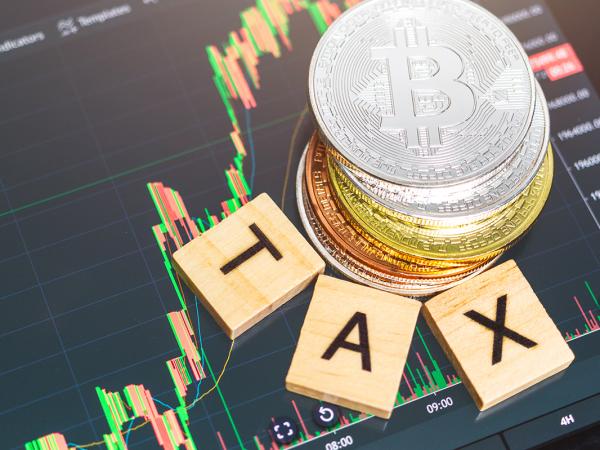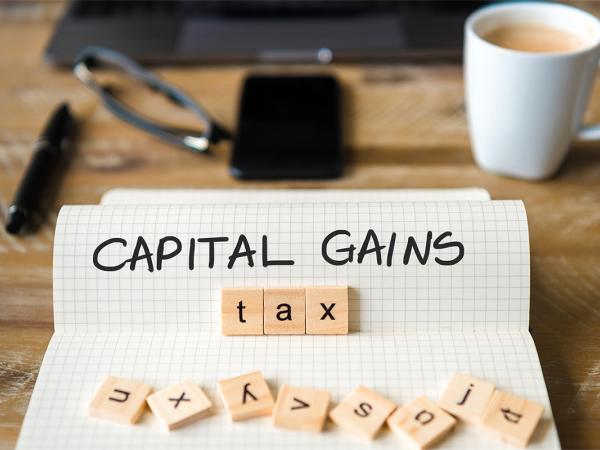Starting rate for savings
The starting rate for savings is a 0% rate of tax which can apply for up to £5,000 of savings income. It only applies if your non-savings and non-dividend income is below a certain threshold.
The starting rate for savings is a 0% rate of tax which can apply for up to £5,000 of savings income. It only applies if your non-savings and non-dividend income is below a certain threshold.

If you get paid interest on your savings, you need to understand whether you need to pay tax on it. On this page, we explain how interest is taxed and how that tax is then collected by HMRC.

If you have joint savings (or shares), make sure you understand how the income is split between you for tax purposes.

If you invest in cryptoassets, you may make taxable gains or profits, or losses. You might also earn taxable income in the form of cryptoassets for certain activities. Investing in cryptoassets is high-risk. This page is intended solely to provide information about the UK tax position for ...

Capital gains tax (CGT) is a complicated subject, so we provide an introduction only. We do cover the main issues, though, and signpost you to where you may find extra help.

Council tax is collected in England, Wales and Scotland (although there are some regional differences). In Northern Ireland, there is a rates system instead of council tax. Collection of council tax and rates is carried out by your local council.
